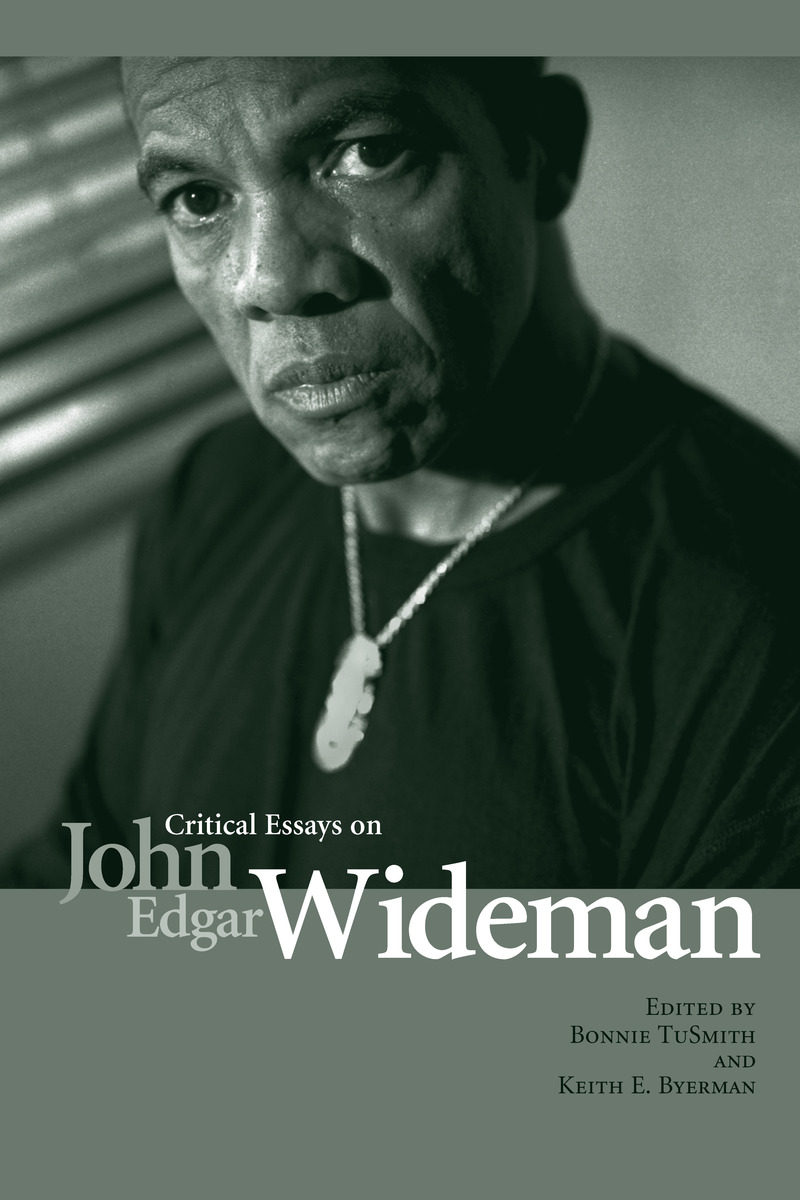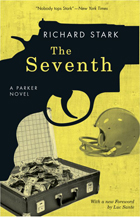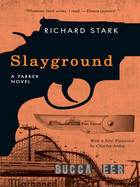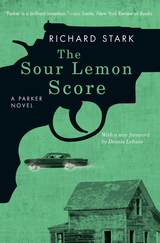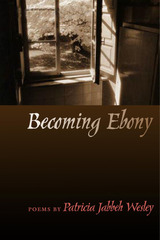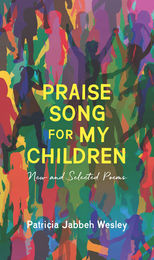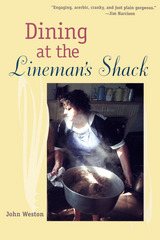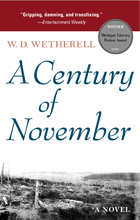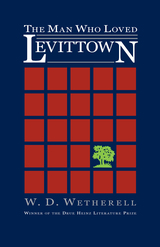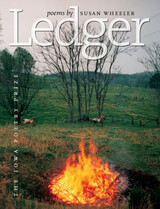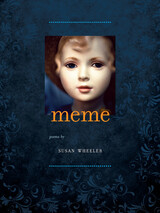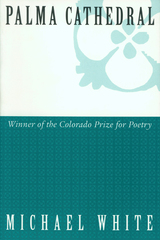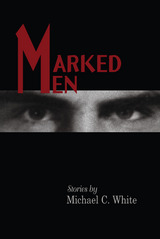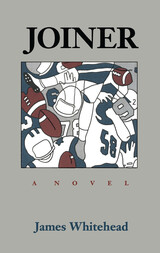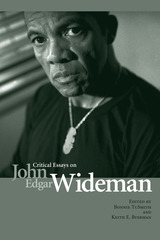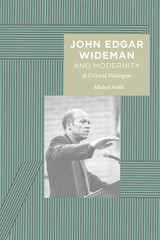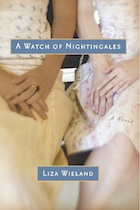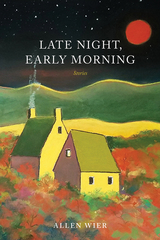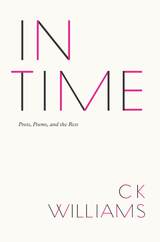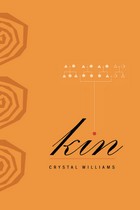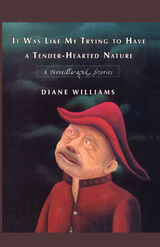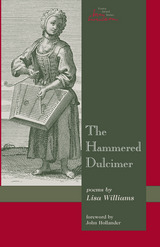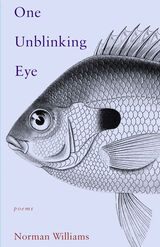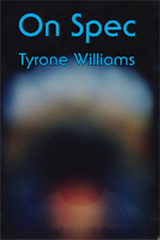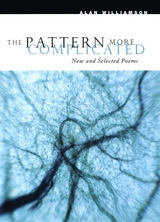Critical Essays on John Edgar Wideman
University of Tennessee Press, 2006
Paper: 978-1-62190-466-3 | Cloth: 978-1-57233-469-4
Library of Congress Classification PS3573.I26Z64 2006
Dewey Decimal Classification 813.54
Paper: 978-1-62190-466-3 | Cloth: 978-1-57233-469-4
Library of Congress Classification PS3573.I26Z64 2006
Dewey Decimal Classification 813.54
ABOUT THIS BOOK | AUTHOR BIOGRAPHY | TOC | REQUEST ACCESSIBLE FILE
ABOUT THIS BOOK
John Edgar Wideman is one of the most prominent African American writers today. He is the first author to have been awarded the PEN/Faulkner Award for Fiction twice-once in 1984 for Sent for You Yesterday and again in 1990 for Philadelphia Fire. His memoir, Fatheralong, was a finalist for the National Book Award. Yet, despite all of Wideman's accolades and renown, there are only three full-length studies on his work to date. TuSmith's and Byerman's Critical Essays on John Edgar Wideman takes a bold step in expanding Wideman scholarship. This volume is an indispensable study of Wideman's oeuvre, covering the full range of his career by addressing the key features of his fiction and nonfiction from 1967 to the present.The essays in this book reflect the most advanced thinking on Wideman's prolific, extraordinary art. The collection features at least one article on each major work and includes the voices of both well-established and emerging scholars. Though their critical perspectives are diverse, the contributors place Wideman squarely at the center of contemporary African American literature as an exemplar of postmodern approaches to literary art. Several position Wideman within the context of his predecessors-Wright, Baldwin, Ellison-and within a larger cultural context of music and collective history. The essays examine Wideman's complex style and his blending of African and Western cosmologies and aesthetics, the use of personal narrative, and his imaginative revisioning of forgotten historical events. These insightful analyses cover virtually every stage of Wideman's career and every genre in which he has written. A detailed bibliography of Wideman's work is also included.Informed yet accessible, this collection will be a rich source of information and intellectual stimulus for teachers, students, and scholars in American and African American literature, as well as general readers interested in Wideman's multilayered and challenging texts.
See other books on: African Americans in literature | Critical Essays | John Edgar Wideman | TuSmith, Bonnie | Wideman, John Edgar
See other titles from University of Tennessee Press
